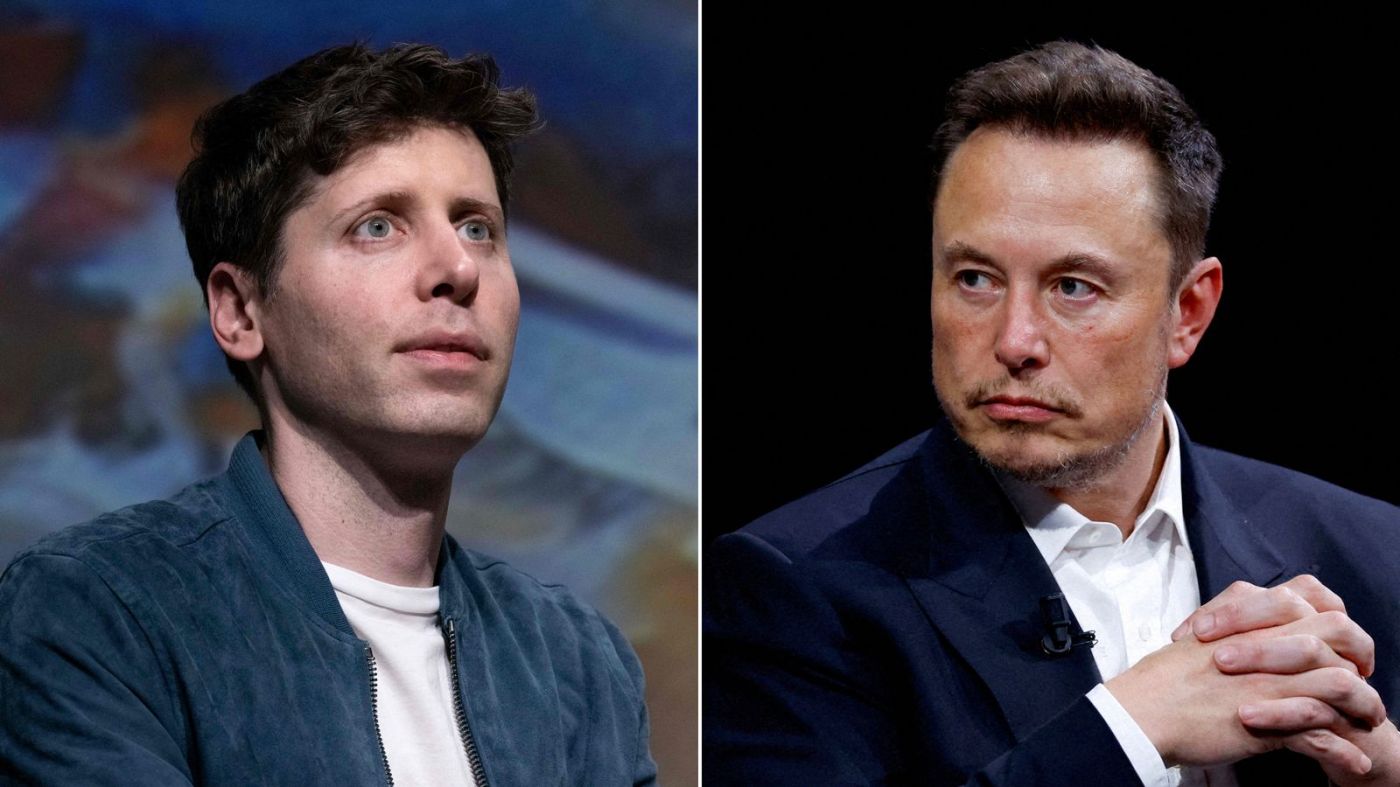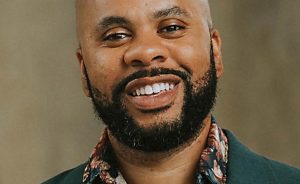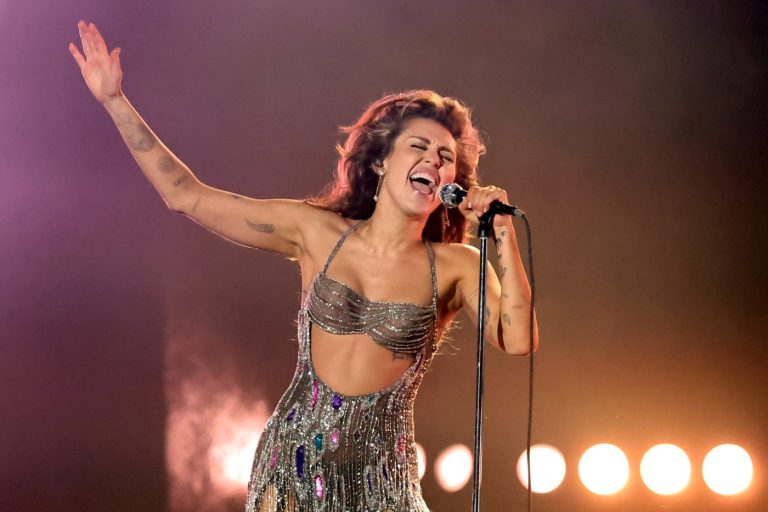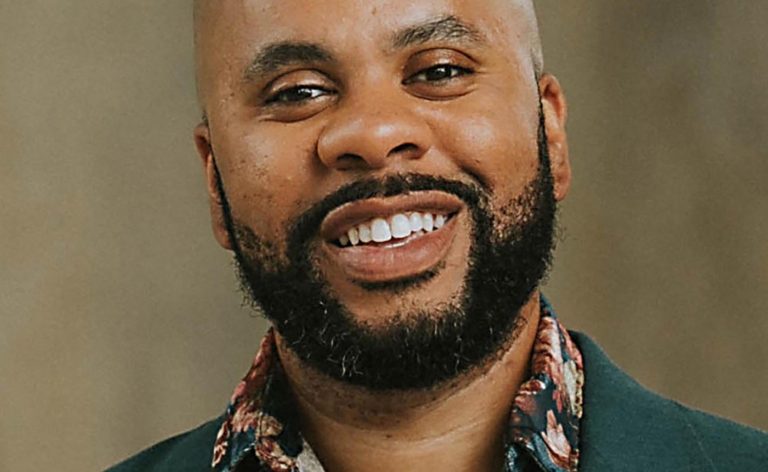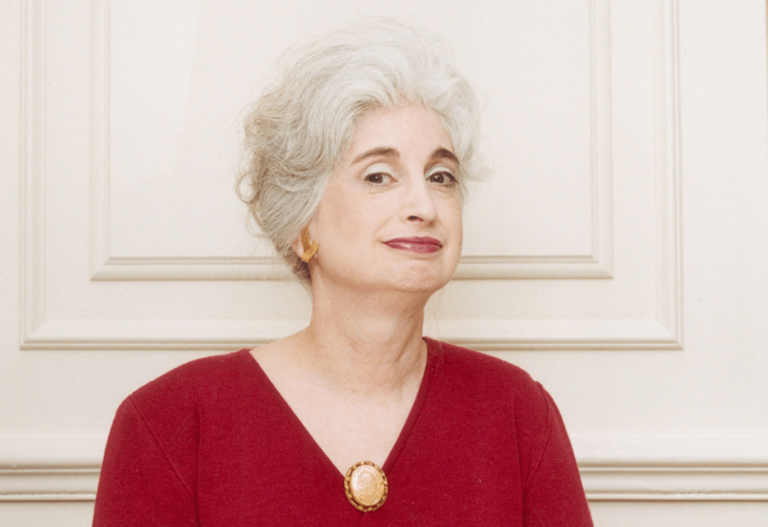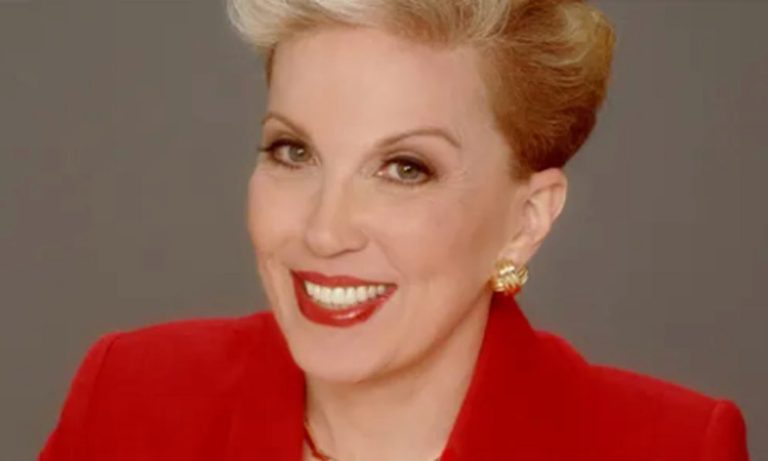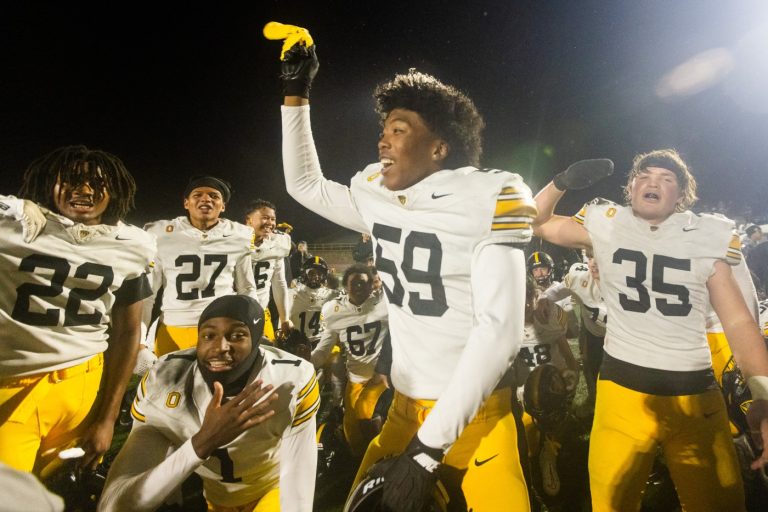By Ramishah Maruf | CNN
New York — Elon Musk filed a new lawsuit against OpenAI and CEO Sam Altman Monday, re-opening a legal battle in his fights over artificial intelligence.
Musk — who co-founded OpenAI in 2015 — sued the company in February, accusing the ChatGPT maker of abandoning its original nonprofit mission by reserving some of its most advanced AI technology for private customers. He then dropped the lawsuit in June, without explanation, after OpenAI published old emails from Musk that revolved around OpenAI’s creation.
The new lawsuit, filed against OpenAI, Altman and co-founder Gregory Brockman, made the same claims. While the first lawsuit was filed in California state court, the new one was filed in federal court in Northern California and is nearly double in length. In contrast to the original suit, it includes claims that OpenAI is engaging in racketeering activity.
“This lawsuit bursts Defendants hot-air philanthropy and holds them accountable for their misrepresentations to Musk and the public. It concerns far more that a $100 billion start-up, the future of AGI lies in the balance,” Musk’s lawyer Marc Toberoff said in a statement Monday.
The lawsuit alleges that Musk was “betrayed by Altman and his accomplices. The perfidy and deceit are of Shakespearean proportions.”
A high-profile leadership crisis last year resulted in Altman’s abrupt firing as CEO, followed by his swift re-instatement, but this time with Microsoft gaining a non-voting seat on OpenAI’s board. The tech stalwart also has a multi-billion-dollar investment in OpenAI.
Microsoft subsequently ditched its observer seat in July, after regulatory scrutiny from Europe, Britain and the United States.
The 83-page lawsuit claims OpenAI’s partnership with Microsoft “flipped the narrative” of the company’s original mission.
“In partnership with Microsoft, Altman established an opaque web of for-profit OpenAI affiliates, engaged in rampant self-dealing, seized OpenAI, Inc.’s Board, and systematically drained the non-profit of its valuable technology and personnel,” the lawsuit said.
CNN has reached out to OpenAI for comment. But in March, the company swiftly mocked Musk’s original claims, calling them “incoherent” and “frivolous” and arguing in a court filing that the case should be dismissed. The company also published a blog post that included several of Musk’s emails from OpenAI’s early days. The emails appeared to show Musk acknowledging the need for the company to make large sums of money to fund the computing resources needed to power its AI ambitions, which stood in contrast to the claims in his lawsuit that OpenAI was wrongly pursuing profit.
Musk’s lawyers dropped the lawsuit without explanation after the company published those emails.
Musk is not the only one scrutinizing OpenAI. The Federal Trade Commission is investigating OpenAI for possible violations of consumer protection law. The Securities and Exchange Commission also probed whether OpenAI investors were misled, Reuters reported. And in recent months, multiple high-profile OpenAI safety leaders exited the company, with several publicly claiming the company had prioritized quickly rolling out new products over safety.
The new lawsuit claims Altman and Brockman “manipulated” Musk into co-founding OpenAI.
“Elon Musk’s case against Sam Altman and OpenAI is a textbook tale of altruism versus greed. Altman, in concert with other Defendants, intentionally courted and deceived Musk, preying on Musk’s humanitarian concern about the existential dangers posed by artificial intelligence,” the lawsuit said.
The lawsuit seeks “a constructive trust on Defendants’ ill-gotten gains, property, and assets traceable to Musk’s significant contributions to OpenAI” and that “a judicial determination that OpenAI, Inc.’s license to Microsoft is null and void.”
CNN’s Clare Duffy and Brian Fung contributed to this report.
The-CNN-Wire
& © 2024 Cable News Network, Inc., a Warner Bros. Discovery Company. All rights reserved.
